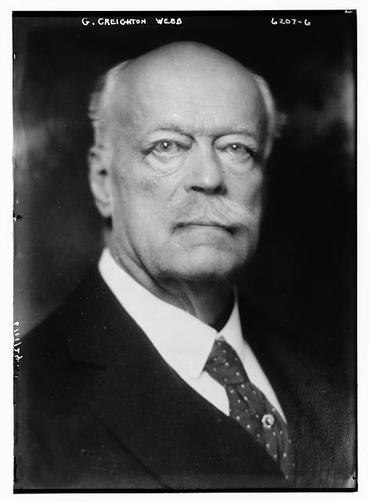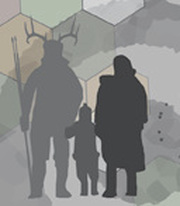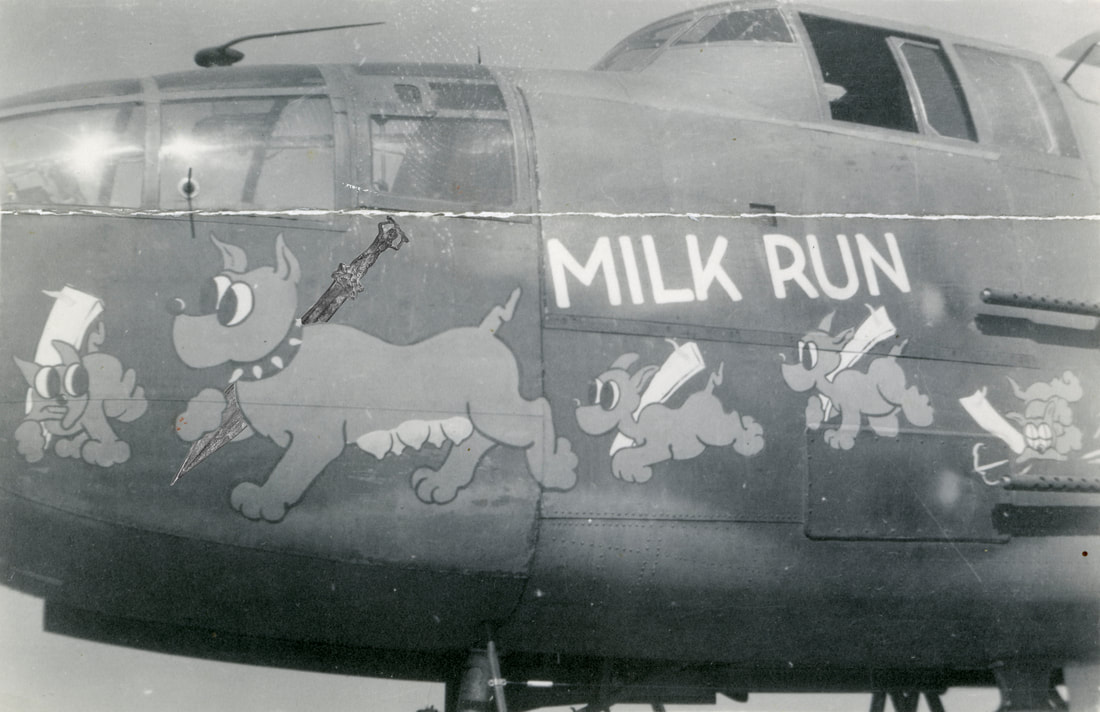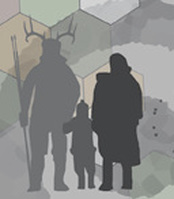 G. Creighton Webb: what secrets to humanity's antediluvian past were concealed behind that fabulous mustache?
G. Creighton Webb: what secrets to humanity's antediluvian past were concealed behind that fabulous mustache? Through it all, he took good care of his teeth:
“Manhattan’s reigning Grand Old Man is Col G. Creighton Webb, a gallant and handsome remnant of that fine old Knickerbocker stock that once supplied the city with its real 400. Col. Webb is 80 and wears his crisp white mustache, evening clothes and silk hat with the jauntiness of a young blood. A chevalier, whose ribbon was handed to him by Marshal Foch in person, he has the courtesy and repertory of genteel phrases of a long-lost social era. His firm double row of teeth are without a single filling and he has the springy gait of an athlete.”
That story was printed in The Waco News-Tribune, (December 26, 1933).
How do we account for Colonel Webb's "double row of teeth"? As in any such mystery, one can construct several alternative explanations. Since the giantologists have apparently chosen not to participate in my efforts to understand what "double row of teeth" might actually have meant, I will construct some explanations for them based on my understanding of their ideas about prehistory. If they would speak for themselves I wouldn't have to do this. But they have chosen to remain stubbornly silent on this important issue.
- Alternative 1: The phrase "double row of teeth" is an idiom that was commonly used to describe a full mouth of teeth in the late 19th and early 20th centuries in the United States. Its use in the passage about Colonel Webb fits that pattern, as do previous examples I have provided (President Teddy Roosevelt, boxer Jack Johnson, comedian Cecil Lean, Teapot Dome Scandal figure Roxie Stinson, actress Helen Lowell, and several more in this post). There was nothing unusual about Webb's teeth other than they appeared remarkably plentiful and healthy for a man of his age.
- Alternative 2A: Colonel Webb had extra teeth in his mouth that link him to a lost race of giants. The phrase "double row of teeth," used to describe the dentitions of many skeletons unearthed in the late 19th and early 20th centuries in the United States, should be taken literally as an indication that multiple, concentric rows of teeth were present. Because this phrase was used to describe "large" skeletal remains, we can presume that it identifies a genetic condition that signals membership in a giant "race." Colonel Webb was therefore a member of that giant race.
- Alternative 2B: Colonel Webb had extra teeth in his mouth because he was super old. His extra rows of teeth weren't there just there because of a genetic connection to a "lost race," but because people in the past lived longer than people in the present. Back in the day (i.e., of Adam, Noah, etc.), humans grew taller and developed extra sets of teeth as their incredibly long lives wore on. Thus Colonel Webb's teeth are evidence of a "greater ancestry" of humans.
Now, the alert reader who has been paying attention will know which alternative I think is the most likely. As I stated earlier (in this post), there are clear historical examples of the phrases "double row of teeth" and "double rows of teeth" being used to describe the presence of multiple rows of teeth (or "extra" teeth) in the same jaw (e.g., two rows of maxillary teeth). I will be discussing those in future posts. The point that I would like to bring home (and that I would like the giantologists to acknowledge), is that the phrase "double row of teeth" was commonly used to describe perfectly normal dentitions in living individuals. Why, then, would we automatically assume that it was describing something bizarre or even supernatural when used to describe the dentitions of skeletal remains? In short, we shouldn't: it's a silly assumption and I believe that I have shown it to be unwarranted.
If someone would like to make the case that the phrase "double row of teeth" in the historic examples I have provided was intended to mean anything other than a normal, full set of teeth, I would love to hear it. Was Colonel Webb a member of a lost race of giants? Was he one of our antediluvian ancestors? If you can't or won't make the case for Alternatives 2A or 2B, I would be interested to know how you plan to interpret phrases like "double row of teeth" in your future discussions of giants.
Thank you for your time.


 RSS Feed
RSS Feed
